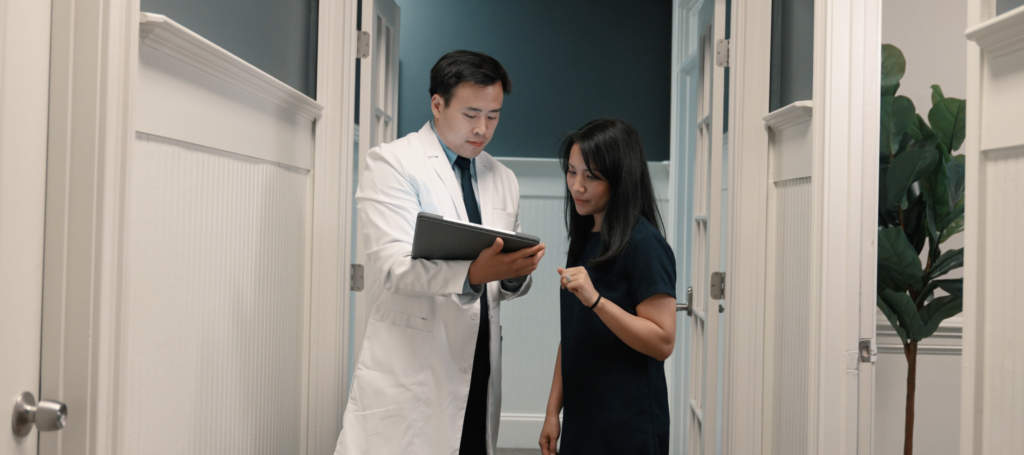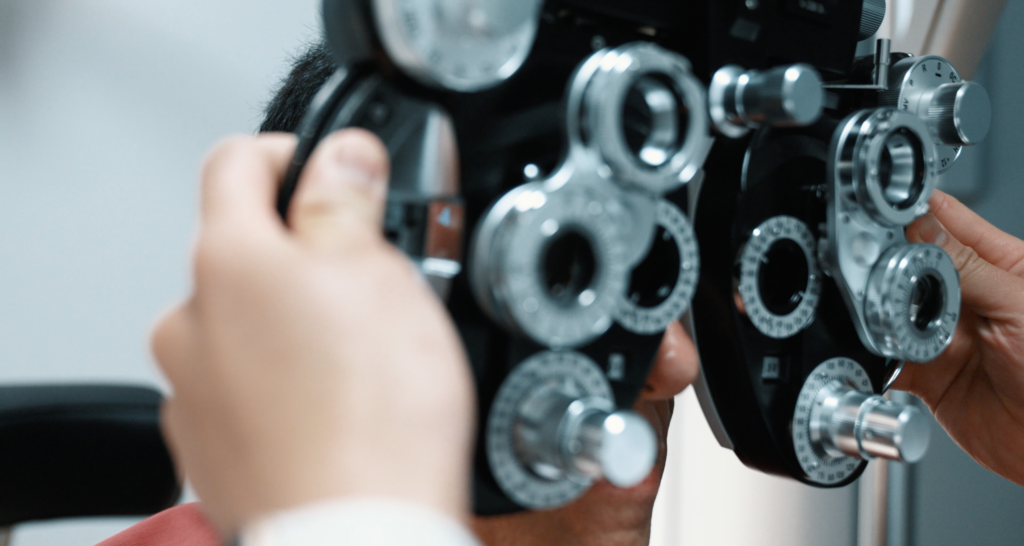Starting a solo practice is one of the most rewarding yet challenging journeys a physician can take. While the freedom of ownership is empowering, it also comes with full responsibility—especially when things don’t go as planned. Mistakes are inevitable, but they don’t have to be setbacks. Instead, they can be opportunities to refine your approach, strengthen your business acumen, and become a better leader.
One of the best ways to evaluate business decisions—and the mistakes that come with them—is by using the PEAK method:
- Profitable – Does this decision lead to financial gain?
- Economical – Does it keep overhead low and expenses reasonable?
- Accelerate – Does it push the business forward?
- Kaizen – Are we continuously improving and refining?
Every business decision should meet these criteria, and when mistakes happen, applying PEAK helps us reflect, adjust, and move forward smarter.
Let’s dive into three real-world examples—one about demographic analysis, another about a lease mistake, and my own lesson on accounting missteps—to see how ownership means owning up to mistakes and learning from them.
Case Story: The Demographic Mismatch – Dentist #1 (Brian)
(For privacy, we will refer to this dentist as Brian.)
The Problem
Brian, a dentist of Chinese descent, wanted to serve the Chinese and Korean communities of Atlanta. He hired a consultant to help him pick the best location for his practice. The consultant used demographic analysis and selected an area that appeared to have a large Asian population.
However, after opening, Brian quickly realized that while the area was indeed home to many Asians, they were predominantly South Asian (Indian), not the Chinese or Korean demographic he was expecting. This mismatch slowed his patient volume significantly at first.
PEAK Evaluation
- Profitable? Initially, no—because the target patient base wasn’t what he anticipated.
- Economical? No—because marketing expenses skyrocketed to compensate.
- Accelerate? Eventually, yes—because he adapted quickly and found ways to grow.
- Kaizen? Yes—he learned to be more precise in demographic targeting.
Action Taken
- He doubled down on marketing efforts to appeal to the local community, even though it wasn’t his original target market.
- He started using Zocdoc heavily to attract new patients, which helped fill his schedule early on.
- Over time, he found that while his initial assumption was wrong, the area was still wealthy and receptive to private-pay dentistry—allowing him to recover and grow.
Lesson Learned
- Demographic data must be deeply analyzed—surface-level insights aren’t enough.
- If the local population doesn’t match your expectations, be ready to adapt your marketing strategy.
- Zocdoc and online platforms can be useful tools for jumpstarting patient volume in slow-growth phases.
Case Story: The Costly Lease Oversight – David
(For privacy, we will refer to this physician as David.)
The Problem
David found what seemed like a perfect space for his solo practice. He signed a 7-year lease and invested over $300,000in tenant improvements to build out his dream office. The problem?
- The construction process took 3 years, meaning he was only able to use the space for 4 years before his lease ended.
- He failed to negotiate a renewal option, which meant he had no guaranteed right to extend his lease beyond the initial 7 years.
- His landlord decided to lease the space to their own family/friends, meaning David had to walk away from a fully renovated office that he had personally financed.
PEAK Evaluation
- Profitable? No, because he spent $300K on renovations for a space he couldn’t keep.
- Economical? No, because the lease structure didn’t allow him to spread costs over a longer period.
- Accelerate? No, because he had to find a new space and start over.
- Kaizen? Yes, because he learned how crucial lease negotiation is for long-term practice stability.
Action Taken
- Moving forward, David now ensures every lease has a renewal clause to protect his long-term investment.
- He consults real estate attorneys and lease negotiators before signing any contract.
- He advises other physicians to never sign a short lease when making large tenant improvements.
Lesson Learned
- Always negotiate a renewal option when signing a lease—especially if making significant tenant improvements.
- Be wary of investing too much in leasehold improvements unless you have long-term security.
- A good lease review can save hundreds of thousands of dollars in the long run.
Case Story: My Mistake – Redoing My QuickBooks from Scratch
The Problem
At first, I had my consultant manage my QuickBooks, but he did a B-minus job at best. He didn’t communicate well with me about how to properly use QuickBooks, and my profit and loss (P&L) sheet was poorly organized, making it difficult to read.
Eventually, I realized I needed to redo everything from scratch. That’s when I discovered even bigger problems:
- My Chase bank account had been pulled in twice for a few months in 2023, leading to duplicate charges.
- I had to go line by line to clean up my financial records manually.
- I ended up doing 90% of the work myself just to get things back on track.
PEAK Evaluation
- Profitable? No—because messy books can lead to poor financial decisions.
- Economical? No—because it wasted my time when I should have been focused on growing the practice.
- Accelerate? Eventually, yes—because I fixed the issue and found a better accountant.
- Kaizen? Yes—I learned that good financial management starts with clear communication.
Action Taken
- I hired a new accountant who completely cleaned up my books.
- She not only fixed the errors but also provided a video explaining what I had done wrong.
- She set up follow-up phone calls to ensure I understood my financials moving forward.
Lesson Learned
- If your financials aren’t clear, something is wrong. A profit and loss sheet should be easy to read.
- Communication is key, especially in a startup. A good accountant doesn’t just do your books—they help you understand them.
- If something seems off, investigate it early. I could have caught my duplicate transactions sooner if I had been more engaged with my books.
Final Thoughts: Mistakes Are Tuition for Growth
No one starts a solo practice without making mistakes. The key is owning up to them, analyzing them, and using them as stepping stones for improvement. The PEAK method helps ensure that every business decision—good or bad—is evaluated with profitability, efficiency, growth, and continuous improvement in mind.
Have you encountered a major mistake in your solo practice journey? How did you handle it? Let’s discuss in the comments below!



